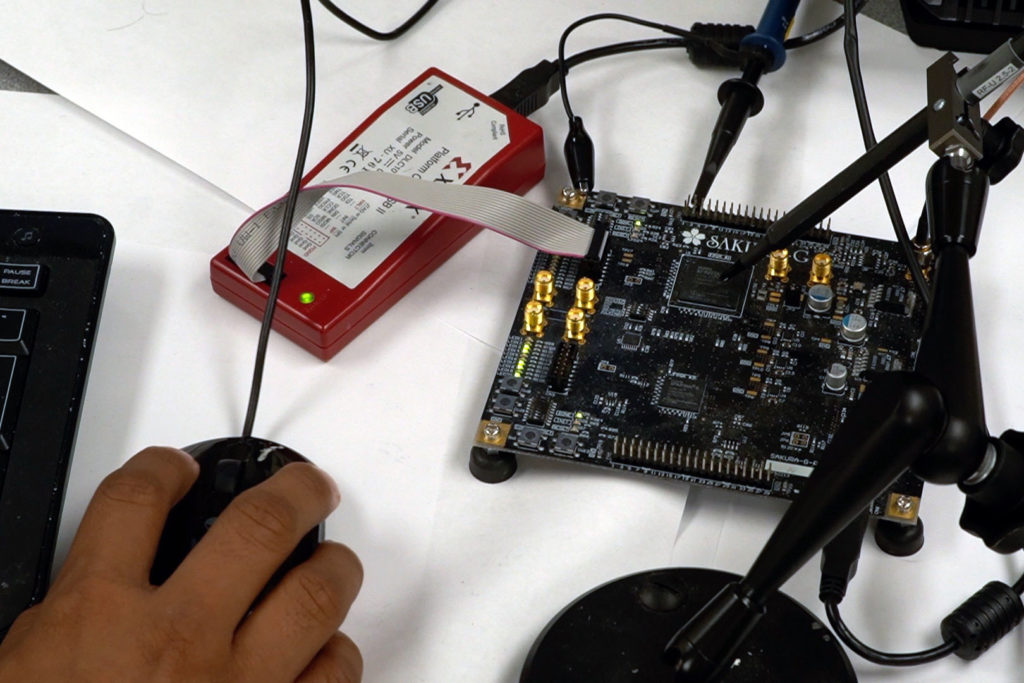
The Office of Naval Research has granted Amro Awad and Aydin Aysu—both assistant professors of electrical and computer engineering at NC State—research funding to discover more secure virtualization techniques in hardware accelerators.
Secure virtualization is a growing field with new sets of challenges that are constantly evolving. In order to meet the demands of these challenges, Awad and Aysu have been funded by the Office of Naval Research to set forth on developing a theoretical and practical framework to begin solving these problems.
Hardware accelerators enable high-performance and energy efficiency for workloads that otherwise would take a longer time and consume high energy when run on general-purpose processors and computing systems. Such accelerators are already available in current large-scale data centers and cloud systems. While these accelerators have increased performance and energy efficiency, they are not always secure especially when used in virtualized and shared environments. In order to combat security breaches, Awad, Aysu and their teams are not just looking at designing intelligent combative software, but looking at how computer hardware can be strengthened as well.
In this research, their team will investigate the different layers and components (both hardware and software) that are vulnerable, and try to get ahead by anticipating new strategies that attackers will implement and attempt to design hardware that will be able to resist. Most importantly, how to implement defenses that maximize efficiency and resource utilization while preserving the security guarantees.
Awad leads the Educational Partnership Agreement (EPA) with Naval Surface Warfare Center at Dhalgren (NSWCDD) at NC State. Such agreements give NC State students opportunities to work with the U.S. Navy and help identify major research questions. With this EPA, NC State and the NSWCDD can collaborate by sharing technical and academic advice. Awad will leverage this EPA to ensure timely transfer of ideas and results to the subject matter experts at the Navy. Aysu and Awad believe that the results of this work will not only benefit the Navy but also have a direct impact on industry and cloud providers.
Their research is funded by the ONR for the next three years and will try to identify smart designs for computer hardware components that can predict the evolving attack techniques and ensure the secure and efficient virtualization of hardware accelerators.